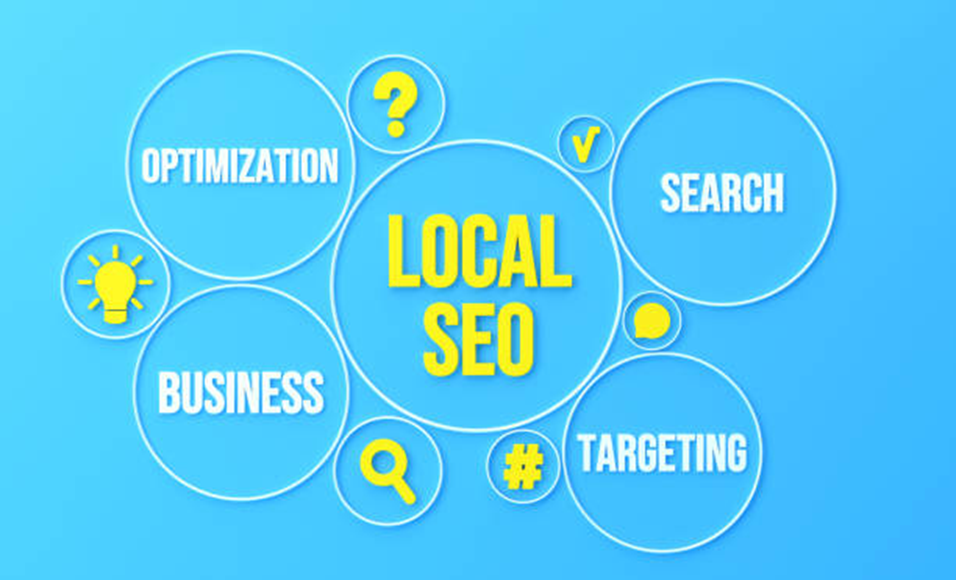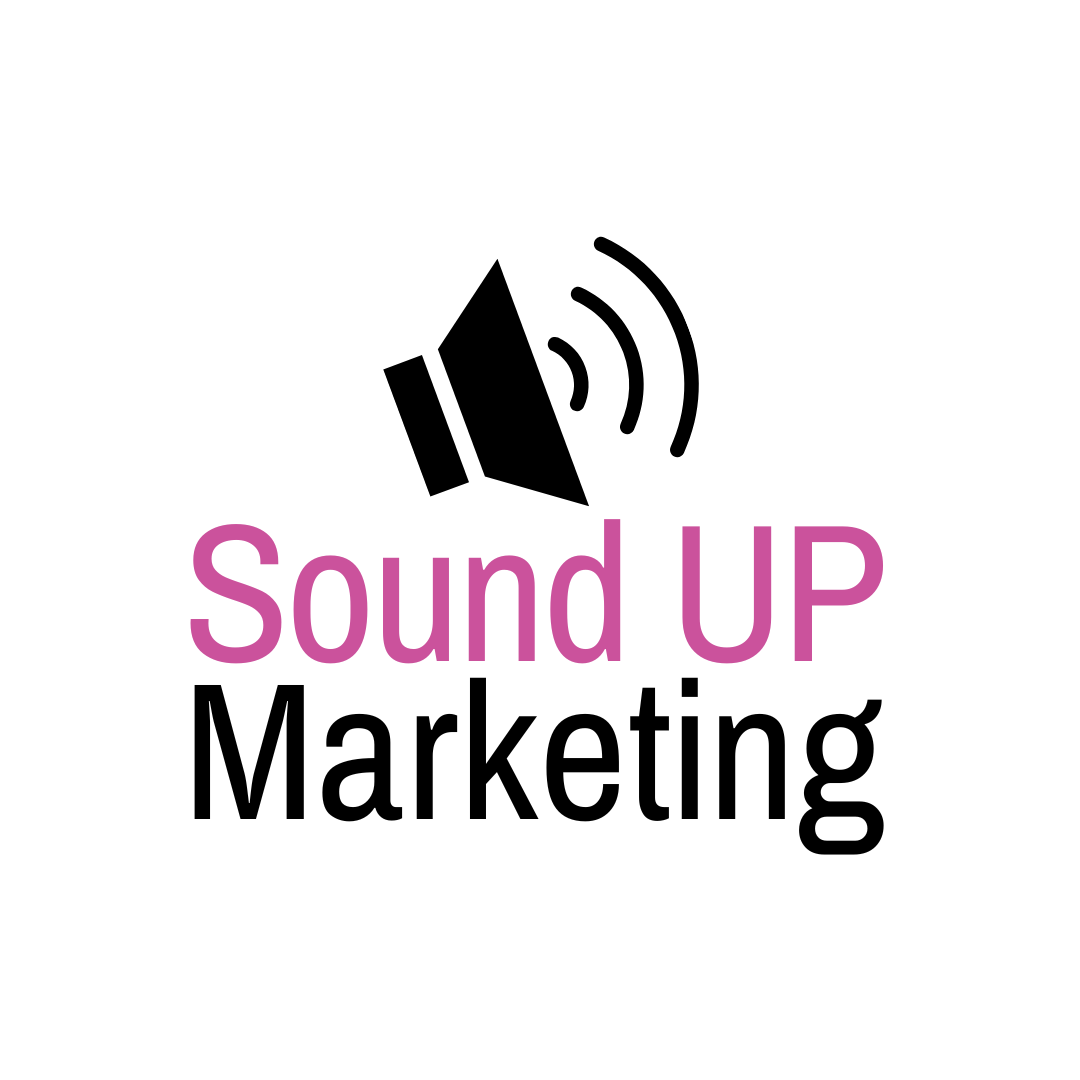10 Google Ads Mistakes Local Businesses Make
This is a subtitle for your new post
Google Ads is one of the most effective ways for local businesses to reach nearby customers quickly. However, running campaigns without careful planning often leads to wasted budgets, low-quality traffic, and poor conversions. Many business owners launch campaigns without understanding common pitfalls, assuming that clicks automatically translate into sales.
In this article, we’ll explore the top 10 Google Ads mistakes local businesses make, explain why they happen, and provide practical steps to fix them. Whether you’re managing campaigns yourself or seeking support from an advertising agency near me, knowing these errors can dramatically improve campaign performance and ROI.
1. Targeting Too Broad an Audience
One of the most common mistakes in local Google Ads campaigns is setting targeting parameters too wide. Many local businesses fail to consider that Google Ads allows for highly precise geographic targeting, which can focus campaigns on the neighborhoods and ZIP codes where customers actually live.
Why It Matters
When your audience is too broad, your ads are shown to people who are unlikely to visit your store or contact your business. For instance, a bakery in downtown Phoenix showing ads to people 50 miles away may attract clicks, but those users are not likely to make a purchase or visit in person. This wastes both budget and opportunities.
How to Fix It
- Use radius targeting to focus on the areas around your business.
- Exclude regions where you don’t offer services.
- Adjust bids according to location performance, increasing bids in high-performing neighborhoods and lowering them elsewhere.
- Consider day-parting to target users during business hours.
Partnering with Sound Up Marketing can help you analyze geographic performance data, ensuring that your campaigns reach the right audience efficiently and maximize conversions.
2. Ignoring Negative Keywords
What Are Negative Keywords?
Negative keywords prevent your ads from appearing in irrelevant searches, which is critical for maximizing your advertising budget. Many local businesses overlook this, leading to unnecessary clicks from users who aren’t likely to convert.
Example
A local furniture store advertising high-end pieces might get clicks from people searching “cheap furniture.” Without adding “cheap” as a negative keyword, the business pays for clicks that will likely never lead to sales.
Solution
- Regularly review search term reports in Google Ads.
- Add irrelevant or low-converting search terms as negative keywords.
- Consider using negative keyword lists to save time.
By carefully managing negative keywords, your campaigns will focus on qualified traffic, improving ad relevance, CTR, and ROI. An advertising agency near me can help implement these lists and monitor performance continuously, ensuring wasted clicks are minimized.
3. Not Tracking Conversions Properly
Conversion tracking is essential to understanding which ads, keywords, and campaigns are actually generating leads, calls, or sales. Many businesses assume that clicks alone measure success, but without tracking, you can’t know what truly drives business results.
Common Errors
- Forgetting to place conversion tracking tags on key pages such as thank-you or checkout pages.
- Not tracking phone calls, chat messages, or local store visits.
- Assuming all clicks have the same value.
How to Fix It
- Use Google Tag Manager to implement conversion tracking across your website.
- Connect Google Ads to Google Analytics to gain a detailed view of user behavior.
- Track multiple types of conversions, such as form submissions, phone calls, and even visits to specific pages.
Conversion tracking ensures every marketing dollar is measured and helps local businesses make data-driven decisions. Professionals at Sound Up Marketing can implement advanced tracking setups to optimize campaigns effectively.
4. Sending Traffic to the Homepage
A common mistake is directing Google Ads traffic to the homepage instead of a tailored landing page. While the homepage might look appealing, it often has multiple goals, links, and distractions that reduce conversions.
Why It’s a Problem
A homepage may confuse visitors, causing them to leave without taking action. If your ad promotes a “free consultation” but sends users to a generic homepage, the call-to-action may get buried among other information.
The Solution
- Create campaign-specific landing pages aligned with your ad message.
- Include a clear and prominent CTA such as “Book Your Free Consultation.”
- Use trust signals like reviews, certifications, and local business credentials.
- Keep forms short and easy to complete.
Optimized landing pages improve conversion rates significantly. The team at Sound Up Marketing often builds and tests landing pages tailored to local audiences to maximize campaign performance.
5. Overlooking Ad Extensions
Many local businesses neglect ad extensions, which are free enhancements to your ads that increase visibility and engagement. Ad extensions can make your ads stand out and provide additional ways for customers to interact with your business.
Types of Ad Extensions
| Extension Type | Purpose | Example |
|---|---|---|
| Sitelink | Adds links to specific pages | “Contact Us”, “Services” |
| Callout | Highlights key features | “Family-Owned”, “Free Estimates” |
| Call | Adds a clickable phone number | “Call Now for a Quote” |
| Location | Displays business address | “123 Main St, Phoenix” |
| Structured Snippets | Highlights services or products | “Plumbing, Electrical, HVAC” |
Why Use Them
Ad extensions increase click-through rates (CTR), provide more information, and make it easier for users to take action. Proper use of ad extensions can also improve ad rank, reducing the cost per click.
6. Ignoring the Importance of Ad Copy Testing
Some local businesses create a single ad per ad group and leave it unchanged. This approach prevents the identification of which ad variations resonate most with potential customers.
Why Testing Matters
Ad performance varies based on audience, keyword match, and timing. Without testing, you may continue running underperforming ads while losing potential leads.
Best Practices
- Write 3–4 ads per ad group with different headlines and descriptions.
- Use Responsive Search Ads to allow Google to test combinations automatically.
- Evaluate performance metrics such as CTR, conversion rate, and cost per conversion.
- Continuously refine ads based on data insights.
Regular testing ensures campaigns stay relevant, competitive, and cost-effective. Agencies like Sound Up Marketing often handle ad testing strategies to maximize results for local businesses.
7. Not Monitoring Keyword Match Types
The wrong keyword match type can lead to wasted budget and irrelevant traffic. Choosing the appropriate match type is essential for targeting users with intent to convert.
Types of Match
| Match Type | Example Keyword | When Your Ad Shows |
|---|---|---|
| Broad | plumbing services | Related searches, even loosely connected |
| Phrase | “plumbing services” | Searches containing that phrase |
| Exact | [plumbing services] | Only the exact search term |
Mistakes to Avoid
- Relying exclusively on Broad Match without monitoring results.
- Failing to refine keyword lists as trends or competition change.
Pro Tip
Review your Search Terms Report weekly to identify irrelevant queries. Adjust match types and add negative keywords to maintain relevance and reduce unnecessary spend. A professional advertising agency near me can perform this review efficiently.
8. Ignoring Mobile Optimization
With more than half of Google Ads clicks coming from mobile devices, ignoring mobile optimization is a costly mistake. Ads and landing pages that are not mobile-friendly reduce conversions and increase bounce rates.
Key Mobile Optimization Tips
- Use click-to-call buttons for instant contact.
- Ensure fast page load times, ideally under three seconds.
- Simplify forms to include only essential fields.
- Make navigation easy for users with limited screen space.
Optimizing mobile devices improves user experience and increases the likelihood of completing a conversion. Experts at Sound Up Marketing can audit your mobile experience and implement best practices to enhance campaign performance.
9. Setting and Forgetting Campaigns
Google Ads requires constant monitoring. Many local businesses launch campaigns and forget to review performance, resulting in wasted budget and missed opportunities.
Consequences
- Ads may run with low relevance or outdated offers.
- Poor-performing keywords continue to accrue cost without generating leads.
- Opportunities to adjust bidding, ad copy, and targeting are missed.
Ongoing Maintenance Checklist
- Review performance weekly or biweekly.
- Pause underperforming ads and allocate budget to top-performing ones.
- Update ad copy to reflect seasonal promotions or changes in service.
- Adjust bids based on time, day, and location performance.
A professional team like Sound Up Marketing ensures campaigns are actively managed, continuously optimized, and aligned with business objectives.
10. Focusing Only on Clicks, Not Conversions
Clicks are an important metric, but they don’t guarantee results. Many businesses focus on generating traffic without measuring conversions, leading to poor ROI.
The Fix
- Track conversion metrics such as form submissions, phone calls, and purchases.
- Use conversion-focused bidding strategies like Target CPA or Maximize Conversions.
- Align ad campaigns with actual business goals rather than vanity metrics.
Monitoring conversions rather than clicks ensures every advertising dollar contributes to tangible business outcomes. Agencies like Sound Up Marketing can help develop conversion-oriented campaigns for sustainable results.
How to Avoid These Mistakes
1. Educate Yourself
Google Skillshop offers free courses to help businesses understand Google Ads fundamentals. Educating yourself reduces mistakes and improves strategy implementation.
2. Audit Your Account Regularly
Monthly audits help identify underperforming keywords, low-quality ads, or wasted spend. Track ROI metrics and adjust campaigns as needed.
3. Partner with Professionals
Hiring an experienced advertising agency near me ensures campaigns are properly managed, optimized, and tailored to local audiences. Professionals can save time, reduce wasted spend, and maximize ROI.
Quick Recap Table
| Mistake | Impact | Solution |
|---|---|---|
| Too broad targeting | Wasted ad spend | Use precise local radius targeting |
| No negative keywords | Irrelevant clicks | Add negatives regularly |
| No conversion tracking | Unclear ROI | Set up tracking via Analytics |
| Homepage landing | Low conversions | Create campaign-specific pages |
| No ad extensions | Reduced visibility | Add sitelinks, callouts, calls |
| No ad testing | Missed optimization | Test multiple ad copies |
| Wrong match types | Poor targeting | Use phrase/exact matches |
| No mobile optimization | Lost traffic | Make ads & pages mobile-ready |
| No monitoring | Budget waste | Weekly review & adjustments |
| Focus on clicks | Poor ROI |
Conclusion
Google Ads can be one of the most effective marketing tools for local businesses, but common mistakes often limit results. Avoiding these ten errors ensures better ad targeting, improved ROI, and more meaningful leads.
If managing campaigns feels overwhelming, partnering with an experienced advertising agency near me can save time and reduce mistakes. Sound Up Marketing has extensive experience helping local businesses optimize campaigns from keyword research to conversion tracking, ensuring every click contributes to measurable growth.
Frequently Asked Questions
1. How often should I review my Google Ads campaigns?
Weekly reviews help identify issues early and allow adjustments in bids, keywords, and ad copy.
2. Are Google Ads effective for small local businesses?
Yes. Properly managed campaigns drive high-quality local traffic, increasing calls, visits, and sales.
3. What’s the best way to track Google Ads success?
Implement conversion tracking for leads, calls, and purchases rather than relying solely on clicks.
4. Should I manage Google Ads myself or hire an agency?
Working with a professional like Sound Up Marketing can save time, reduce mistakes, and optimize results for your local business.
5. How long does it take to see results from Google Ads?
Most businesses notice meaningful results within a few weeks, depending on competition, budget, and ad quality.
Ready to turn the
#SoundUP?
Let's connect! We’re here to help.
Send us a message and we’ll be in touch.
Or give us a call today at 631-919-7441
Agency Contact Form
More Marketing Tips, Tricks & Tools












